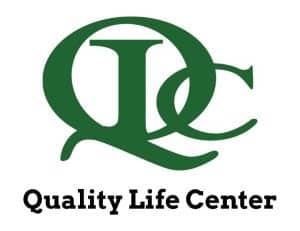Addiction Counseling
Addiction is a treatable, chronic medical disease involving complex interactions among brain circuits, genetics, the environment, and an individual’s life experiences. People with addiction use substances or engage in behaviors that become compulsive and often continue despite harmful consequences.
Signs and Symptoms Vary Between Addictions, But Some Common Symptoms Include:
- An inability to stop.
- Changes in mood, appetite, and sleep
- Continuing despite negative consequences
- Denial
- Engaging in risky behaviors
- Feeling preoccupied with the substance or behavior
SAMHSA definition of recovery is: A process of change through which individuals improve their health and wellness, live a self-directed life, and strive to reach their full potential.
Four Major Dimensions That Support a Life In Recovery:
- Health: overcoming or managing one’s disease(s) as well as living in a physically and emotionally healthy way;
- Home: a stable and safe place to live;
- Purpose: meaningful daily activities, such as a job, school, volunteerism, family caretaking, or creative endeavors, and the independence, income and resources to participate in society; and
- Community: relationships and social networks that provide support, friendship, love and hope
Definition of “Recovery-Oriented System of Care (ROSC)”
A ROSC provides a network of services and supports to address the full spectrum of substance use problems, from harmful use to chronic conditions. Through education, communities are strengthened by recovery-oriented activities that can prevent inappropriate substance use before it occurs. Education also raises awareness about the disease, dispels myths that foster stigma and discrimination and provides early intervention for those at risk of developing substance use conditions.
Examples of Recovery-Oriented Activities/Services
Prevention
- Early screening before onset
- Collaborate with other systems, e.g., Child welfare, VA.
- Stigma reduction activities
- Refer to intervention treatment services
Intervention
- Screening
- Early intervention
- Pre-treatment
- Recovery support services
- Outreach services
Treatment
- Menu of treatment services
- Recovery Support services
- Alternative services and therapies
- Prevention for families and siblings of individuals in treatment
Post-Treatment
- Continuing care
- Recovery support services
- Check-ups
- Self-monitoring
